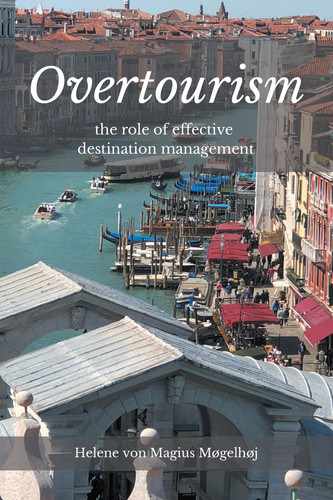Overtourism examines the increasingly important role of destination management and effective stakeholder engagement in order to maximize the economic contribution of tourism while avoiding the potential pitfalls of overtourism.
Rapid growth in international tourism has led to the emergence of the overtourism phenomenon. It is a situation where large tourist numbers start to cause tensions with local residents and communities owing to what they consider to be negative impacts on their quality of life including overcrowding, congestion, housing shortages, and changes in the retail sector. Overtourism can occur in any type of destination be it urban or rural in a developed or developing country.
The author does not consider a global reduction in international travel as a likely long-term solution to addressing overtourism. Rather destinations should prepare for continuous growth in both international tourist arrivals and domestic tourism in the longer term. Overtourism can often be reversed or averted through effective destination management. This requires engaging with key stakeholders and the local community to ensure that the local residents’ quality of life is preserved while at the same time delivering a high-quality experience for visitors. The coronavirus pandemic has provided destinations with an opportunity to reflect and decide how they want to recover to become more resilient and sustainable in the long term.
overtourism; tourism; mass tourism; destination management; destination management organization; DMO; stakeholder engagement; stakeholder management; sustainability; carrying capacity; climate change; congestion; day-trippers; Airbnb; sharing economy; staycation; digitalization; social media; quality of life; local host community; local residents; planning; visitor infrastructure; seasonality; dispersion; diversification; tourism product development; tourism-related infrastructure; responsible tourism; recovery; resilience; COVID-19; adaptation; visitor flow management; performance measurement; global mass mobility; localism; authenticity; social inclusivity; sustainable development goals; strategic alignment; investment; funding; taxation
